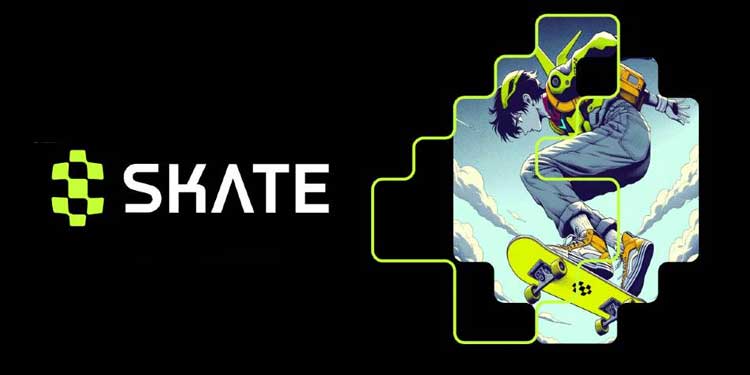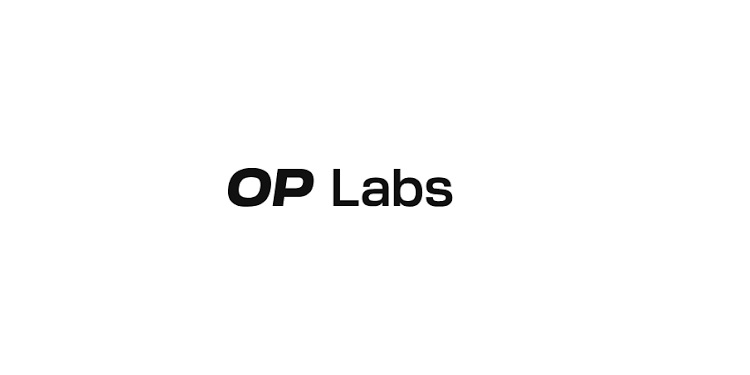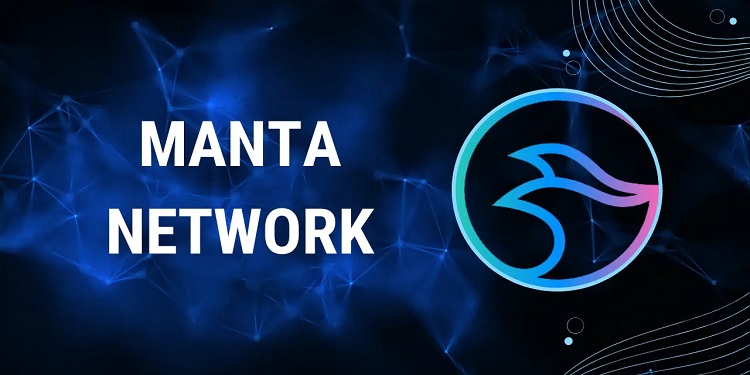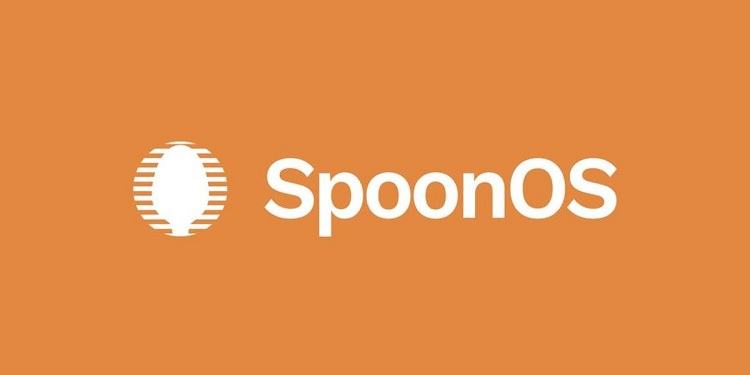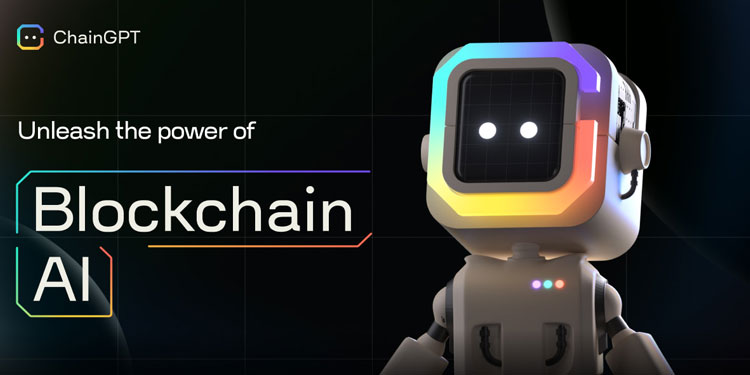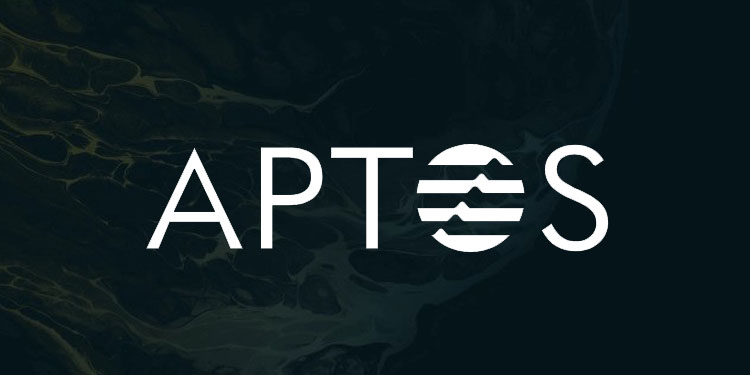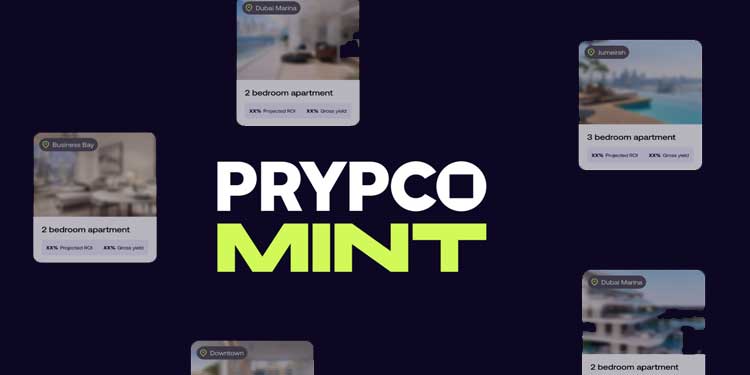In a notable advancement for the decentralized finance ecosystem, Stargate Finance has launched SKATE, the native token powering the Skate protocol. This development is being recognized as a major milestone in the evolution of the Omnichain DeFi movement, with SKATE designed to operate across various blockchain networks using a multi-virtual machine (multi-VM) infrastructure.
Skate’s architecture is built to remove technical silos between major blockchain environments such as Ethereum Virtual Machine (EVM), Toncoin, Solana, and other platforms. By creating a unified execution framework that supports multiple virtual machines, Skate aims to promote cross-chain communication and functionality, a core need for scalable and efficient DeFi operations.
Advanced Interoperability with Stargate Finance
Stargate Finance, which operates as a LayerZero-based asset bridge, plays a central role in facilitating this new multi-chain interaction. Built on LayerZero’s infrastructure, Stargate provides a secure, low-latency bridge for assets to move between Layer 1 and Layer 2 networks. The integration with SKATE relies on LayerZero’s OFT (Omnichain Fungible Token) standard, which replaces traditional token bridging mechanisms.
Conventional cross-chain bridges typically work by wrapping tokens, thereby issuing IOU tokens on destination chains. However, the OFT standard adopted for SKATE follows a different mechanism. Instead of relying on wrappers or intermediaries, it burns tokens on the source blockchain and mints the same amount directly on the destination blockchain. This process ensures consistent token supply and avoids liquidity fragmentation.
The benefits of this model are significant. SKATE tokens are not confined to being wrapped or held in intermediary liquidity pools. As a result, users experience no slippage and zero transfer fees, which has been highlighted as a key advantage of this system. The streamlined process improves overall efficiency and offers a frictionless user experience.
SKATE is live on Stargate.$SKATE has adopted the OFT Standard by @LayerZero_Core. You can now move SKATE between Solana, BNB Chain, Arbitrum and Ethereum.
No transfer fees (only gas). Zero slippage.
The Stargate Standard. https://t.co/oI8b4wjvJ0 pic.twitter.com/nKFWjly7nW
— Stargate (@StargateFinance) June 9, 2025
Expanding DeFi Access and Utility for SKATE
The cross-chain capabilities provided through this integration are expected to unlock substantial value for the SKATE token. By supporting multiple blockchains—such as Ethereum, Arbitrum, Binance Smart Chain, and Solana—users can seamlessly move SKATE tokens across various platforms. This enhances liquidity and usability, allowing holders to engage in a range of DeFi activities including lending, staking, and trading, without being confined to a single ecosystem.
Additionally, the architecture ensures a consistent supply of SKATE across all supported networks. By eliminating the issues caused by token wrapping and liquidity fragmentation, the protocol provides a stable and predictable environment for both users and developers. This structural consistency is likely to enhance trust in the token’s long-term viability.
Wider Participation and Future-Proof Design
With SKATE becoming available on several major blockchains, its integration into a broader set of DeFi platforms is anticipated. This opens up more opportunities for yield generation and innovative application development involving SKATE. The compatibility with multiple ecosystems significantly widens the token’s utility and investor base.
Importantly, by utilizing LayerZero’s OFT standard, SKATE is well-positioned for ongoing interoperability improvements as LayerZero expands its reach. As the number of supported chains increases, SKATE is expected to maintain its relevance and accessibility across the evolving DeFi landscape.
This integration not only marks a technological step forward but also redefines how decentralized assets can function across disparate blockchain systems, offering both efficiency and flexibility in a unified, user-friendly environment.

